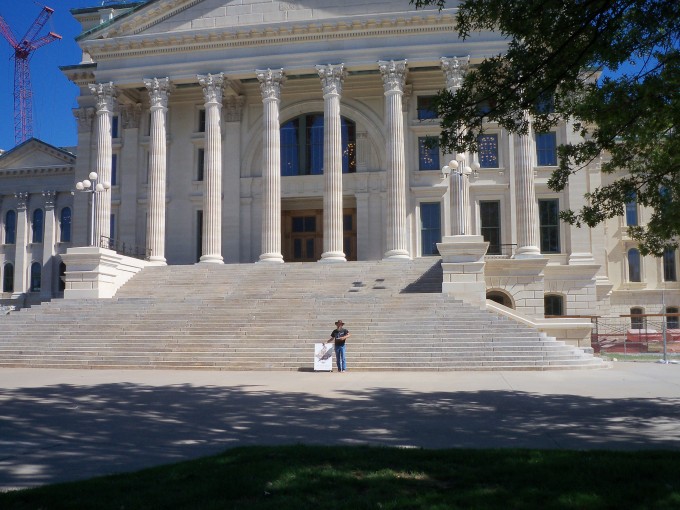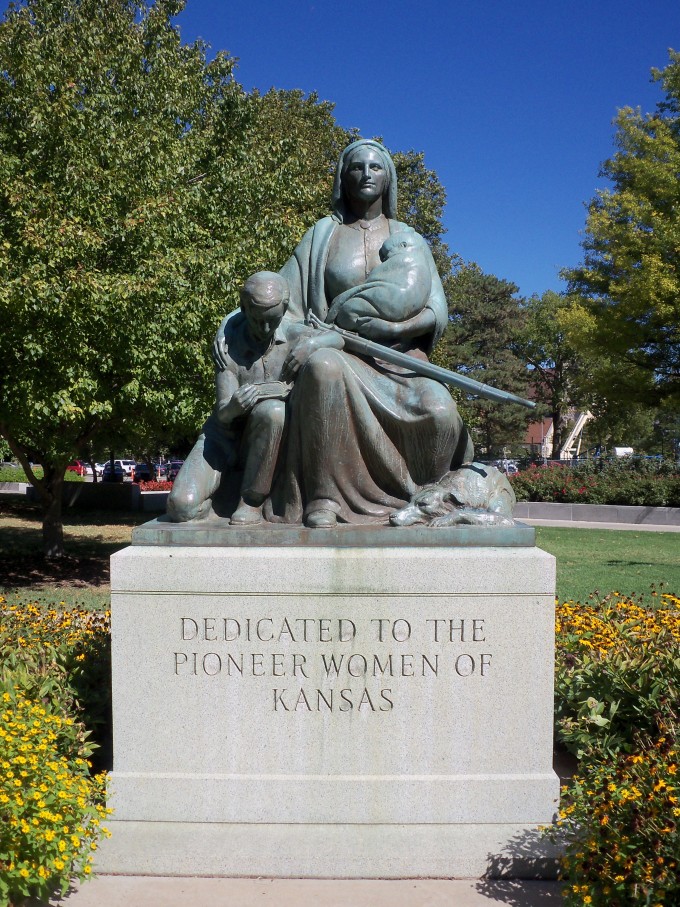
Thursday, 24 December 2015
It is doubtless not profitable for me to boast. I will come to visions and revelations of the Lord:
2 Corinthians 12:1
Paul’s first words can be taken in a couple ways. One is that they might be an ironic statement to the Corinthians. When he says, “It is doubtless not profitable for me to boast” he might be saying, “As you can see, I have done nothing worthy of boasting. I have not suffered at all as my previous words testify quite clearly.” This is the highest of irony because everything he has said from verse 11:22-33 shows that he had, in fact suffered greatly for Christ. Further, he had gone to extreme lengths to preach the gospel.
The second way his words might be taken would be as an admission that it was unbecoming of him to continue to boast in the manner which he had through the previous verses. He felt that it was improper, but that he was urged on by the fact that the Corinthians were looking for just this type of thing to boast in.
Whichever way his words are to be taken, from this “boasting,” which was “doubtless not profitable,” He turns to a new line of thought with the words, “I will come to visions and revelations of the Lord.” Paul’s visions and revelations are noted throughout Acts. The word “visions” is described well by Albert Barnes –
It “…is used in the Scriptures often to denote the mode in which divine communications were usually made to people. This was done by causing some scene to appear to pass before the mind as in a landscape, so that the individual seemed to see a representation of what was to occur in some future period. It was usually applied to prophecy, and is often used in the Old Testament.”
“Revelations” would be the truths which were learned as a result of the visions. At least six times in the book of Acts he had specific visions that are recorded. Also in Galatians 2:2, we read this –
“And I went up by revelation, and communicated to them that gospel which I preach among the Gentiles, but privately to those who were of reputation, lest by any means I might run, or had run, in vain.”
Life application: Paul claimed to have had visions because he was an apostle of the Lord. His visions led to his revelations and they have become a part of the Holy Bible. However, the apostolic period is over. It is best to not accept any supposed vision from the Lord at this time. There is a constant stream of such claims and the vast majority of them in no way match the Bible in content or intent. False visions have led to entire cults of people being led astray, such as those of Ellen G. White of the Seventh Day Adventists. It is far better to stick to the Bible than worry about whether someone’s supposed “vision” is true. Even if it is, which is unlikely, it is unnecessary for proper faith and practice.
Heavenly Father, help us to be discerning in the truths found in Your word and to never enter anything else into our doctrine. We can learn truths about the Bible from external studies, but they cannot add to the message of the Bible and still be considered true. Help us to cling to Your word alone for that which directs our proper faith and practice and to not get led astray by false visions, claims of extra-biblical revelations, or words which are not in line with Your superior word. Amen.




